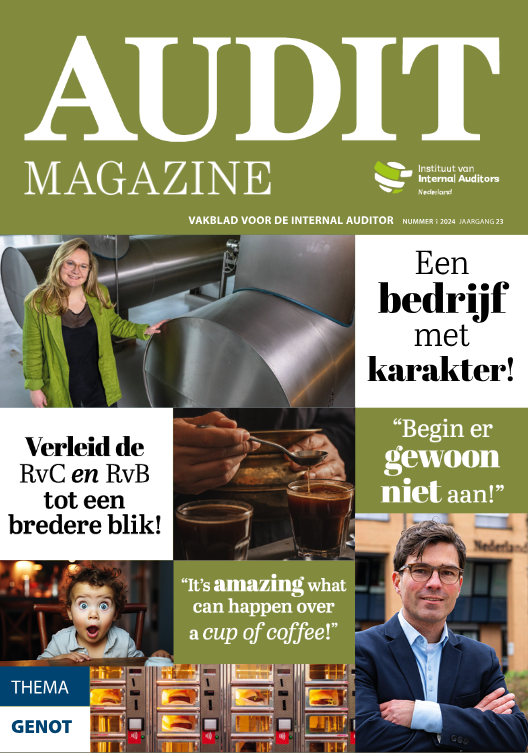GKB: Internal Audit in a Post COVID World: Part 3
Redefining the Resilient Organization
According to a quote often attributed to Charles Darwin, “It is not the strongest or the most intelligent who will survive but those who can best manage change.” That’s certainly been true of businesses over the last two-plus years — the COVID-19 pandemic was a litmus test like none other for organizational resilience.
It revealed just how woefully unprepared many organizations were for an event of this magnitude. From the smallest shops on Main Street, to the Goliath financial firms on Wall Street, to tech companies in Silicon Valley, the simultaneous disruption of supply chains, the labor supply, and the global economy threatened their ability to continue in business. Indeed, as businesses look toward a “post-COVID” state, the word resilience has already become this decade’s value add. Resilience — the ability of an organization to adapt and even prosper in a maelstrom like COVID-19 — is now a top priority.
Should it be?
COVID-19 has often been compared to the Spanish flu pandemic, which occurred more than 100 years ago. Dedicating organizational resources to soften the impact of such a seemingly rare event might seem like overkill to some. But according to a study published in the Proceedings of the National Academy of Sciences, the probability of experiencing a pandemic during one’s lifetime is approximately 38% — a number the researchers note may double in coming decades.1 Those kinds of odds may not exactly be considered slim by many standards. And of course, viruses are far from the only disasters that can disrupt businesses on a widespread scale: extreme weather, earthquakes, solar radiation that scrambles electronic communications, financial market collapse, and political and social unrest, just to name a few, can also wreak havoc on many levels.
For internal auditors, the pandemic serves as a concrete reminder of how vulnerable organizations can be — even if they’re performing well under normal circumstances. It shows how quickly conditions can change under the weight of a severe event, and how important it is to factor that into risk assessments.
This Global Knowledge Brief, the last in a series of three that examine risks in a post-COVID 19 environment, offers a careful review of lessons learned that may help internal auditors prepare for the next major disruption. Looking closely at three broad areas of consideration, in particular, yields practical insight:
- What are the attributes of a resilient organization?
- How can internal auditors help lead their organizations toward greater resilience?
- How can internal audit increase the resilience of the audit function itself?
With the benefit of actionable steps distilled from each of these areas, auditors can better equip themselves to help address potential challenges. Understanding how to enhance resilience is essential as organizations confront large-scale disruptions that seem to occur at an increasing cadence.
.jpg)






